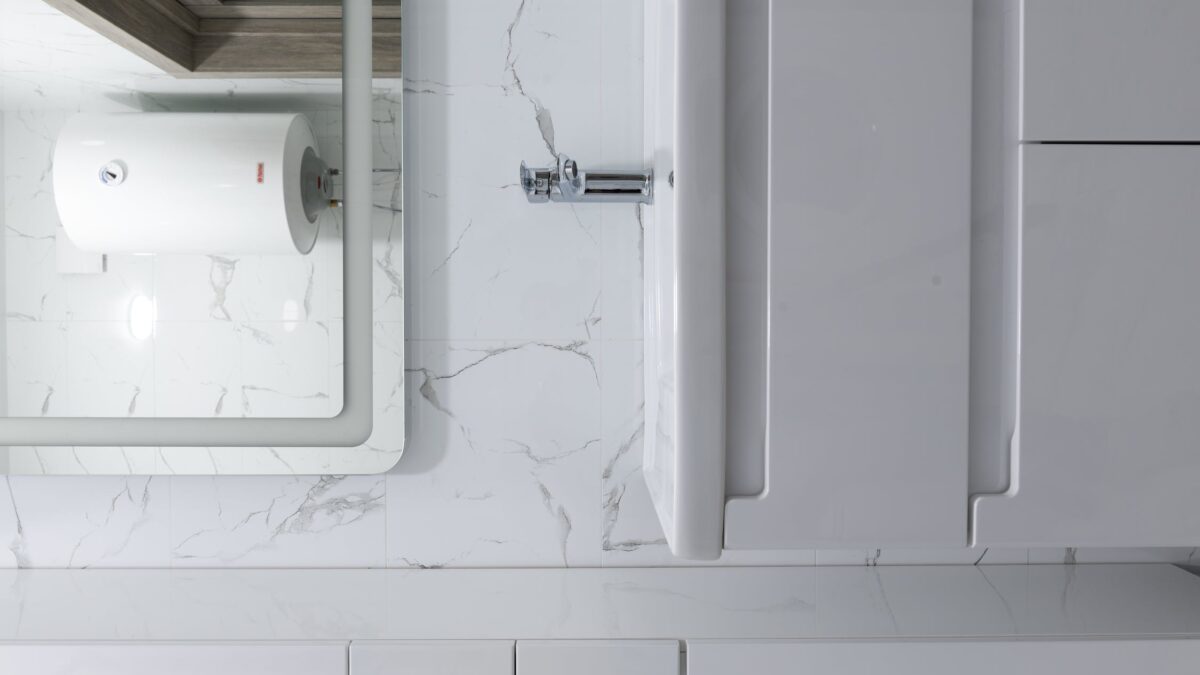Water can corrode all types of metal including steel. That’s why most water heaters come with anode rods to ensure that the water reacts with the anode rod and leave the steel body of the water heater unaffected. The anode rod is also known as the ‘sacrificial metal rod’ because, without it, your water heater will start rusting quickly.
How Can You Check & Replace An Anode Rod?
The lifespan of your anode rod will depend on the water you use – either soft or hard water. Soft water will damage the anode rod faster than hard water, preferably within a year.
According to a reliable service provider for hot water cylinder repairs, you should check your anode rod every year. In case you’re not accustomed to checking your water heater’s anode rod, then it’s better to hire a professional plumber for the same.
If you see that the anode rod has deteriorated to the point that the wires at its core can be seen, then it’s time to replace your water heater’s anode rod.
Aluminium Vs Magnesium Anode Rod
You can find anode rods to purchase at most home improvement stores out there. Otherwise, you can obtain the same from your plumber. One of the major differences you’ll face is the type of materials they’re using. The two most common types of metal are magnesium & aluminium.
Magnesium anode rod offers the best protection but will have a shorter lifespan compared to the aluminium anode rod. Furthermore, magnesium ones also cost more. It should be further known that magnesium can also react poorly with water molecules creating a sulphur-like smell inside the heater.
On the other hand, aluminium anode rods are typically mixed with zinc. These are less expensive than magnesium ones and will also last longer too. Compared to magnesium, aluminium anode rods can neutralise any odour in your water heater’s water.
In case you’re in doubt as to which one should you choose, you can contact a professional plumber for suggestions.
Additional Suggestion: Always Flush Out Sediments
When the anode rod starts to deteriorate, the remains get accumulated at the bottom of your water heater storage tank. If you allow such remains to build up over time, then your water heater’s performance could be impacted.
Thus, if you want your water heater to function smoothly, ensure that you flush your water heater at least once per year. All the accumulated sediments and metal deposits from the anode rod will be eliminated and your water heater will be able to function as it should.
If you have any further questions relating to water heaters, don’t hesitate to ask us. We’d be happy to answer them without any issue.


